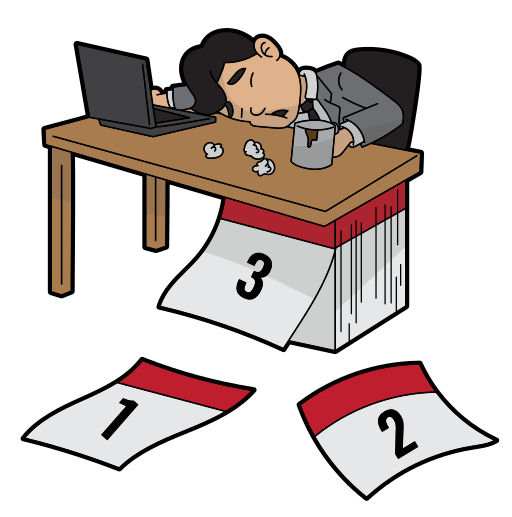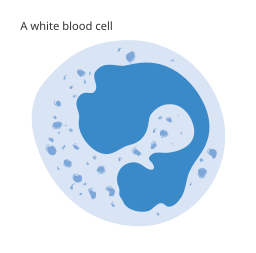We’ve all been there. It’s a busy week, it’s getting late, and you’re tired, but you still have a lot to do for tomorrow.
You convince yourself that if you sacrifice your sleep during the week and make it up on the weekend everything will be okay. Right? Well, unfortunately, according to the Mount Sinai School of Medicine, quite the opposite is true.
Research completed by Mount Sinai Hospital demonstrates that reducing the amount of sleep you get each night can lead to an increased risk of inflammatory disorders and heart disease. The researchers monitored 14 healthy adults that normally sleep 8 hours a night and had them sleep 6-7 hours for 6 weeks. They then drew and analyzed their blood, finding an increased number of immune cells, many of which did not function properly to protect against infections. An increased number of immune cells may seem beneficial, but in reality, if the number gets too high, immune cells can overreact and create inflammation. The DNA structure of the cells was also altered, which provides evidence for their decreased ability to defend against illnesses.
The researchers continued the study with testing on mice and found that even after having sleep recovery time, the mice still had changes in their immune system. The mice’s immune cells were rewired and reprogrammed to function under the stresses of having disrupted sleep, producing more white blood cells, which put the mice at a greater risk of having inflammation or a disease. These results serve as evidence to prove that sleep recovery cannot reverse the effects of lack of sleep.
The cells experience this change due to limited time to repair injured cells. As we sleep, our bodies turn their attention to our immune system, repair damaged cells, and release growth hormones. When we have disrupted or limited sleep, our bodies are not able to carry out these functions, causing greater susceptibility to health problems. It is important that our cells are able to complete their tasks, and it’s even more important that we can remove and replace cells that cannot. As we learned in AP Biology, the lysosome plays a major role in helping damaged cells perform apoptosis (programmed cell death). If our bodies are not given the time to carry out apoptosis and replace old damaged cells with new immune cells, our bodies are at greater risk for metabolic abnormalities and replication errors, connecting sleep deprivation to disease risk. So the next time you’re thinking of sacrificing sleep to do work, I hope you remember the health consequences and reconsider your decision 🙂




Leave a Reply